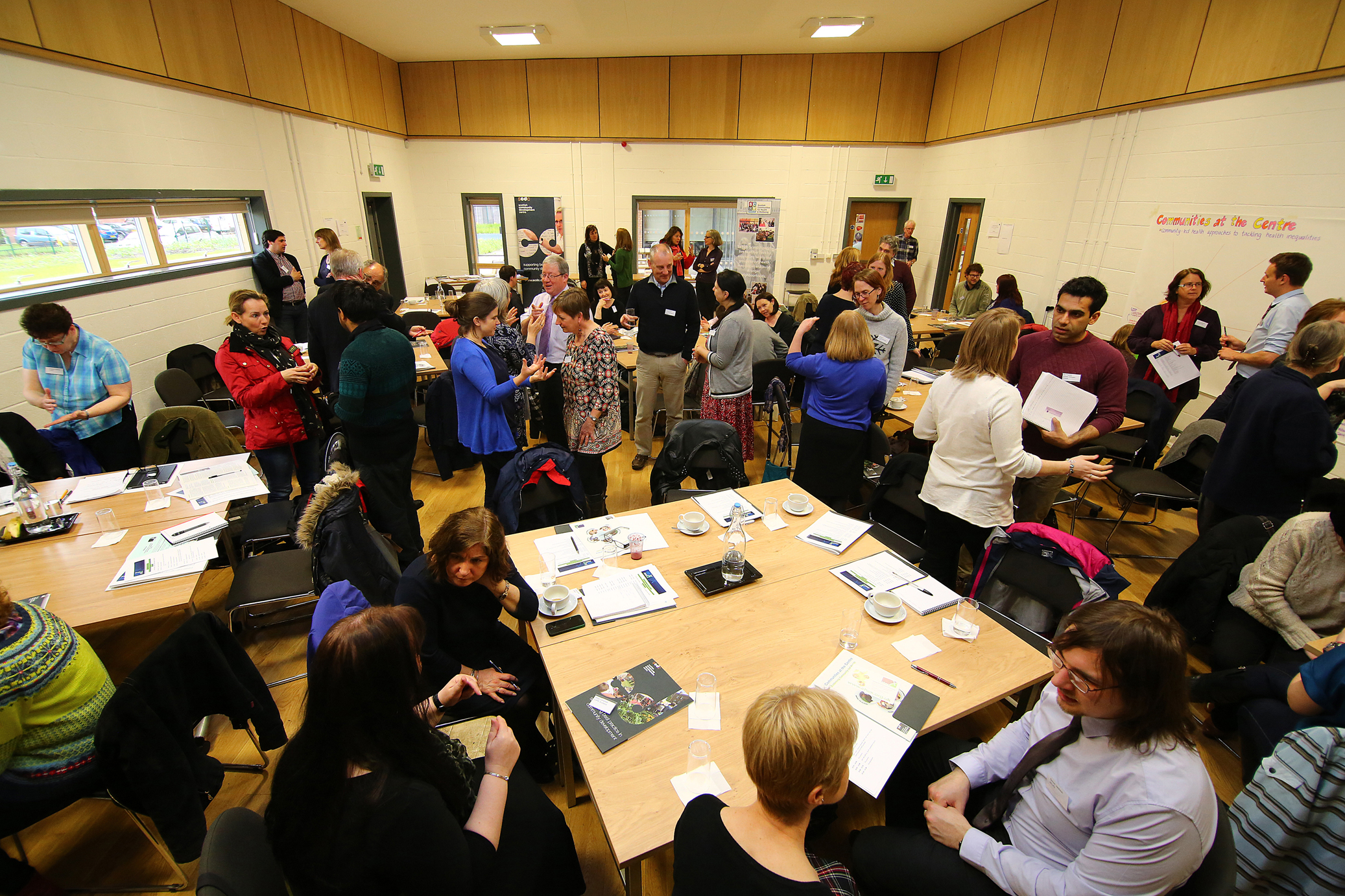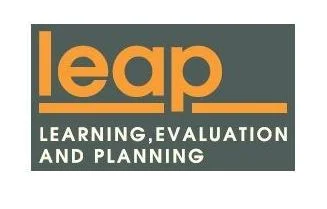Economies for Healthier Lives
/The aim of the Economies for Healthier Lives project is to develop a new tool to measure the impact that major housing and transport projects can have in improving health and wellbeing and reduce health inequalities across the Glasgow City Region.
A key partner in the project will be a Community Panel. It will work with health and other professionals from Public Health Scotland, Glasgow City Council and the Glasgow Centre for Population Health to develop the new tool.
Frequently asked questions
What do we mean by major housing and transport projects?
Updating houses to make them more energy efficient, warmer and less draughty (called ‘retro-fitting’) improves the quality of houses. But it can have other benefits - cutting fuel bills, tackling fuel poverty, cutting down on dampness and poor ventilation problems that cause health problems to name a few.
Better public transport can help improve people’s access to work, friends and family across a wider geographic area. It can also help people get more easily to other facilities such as schools, colleges, parks, libraries and health care centres. All these things can help people’s general health and wellbeing.
To help those who express an interest in joining the panel better understand the wider context, further information about the Glasgow City Region and the pilot projects will be provided at that stage.
What is a Community Panel and what would it do?
It’s important that people in communities get a chance to have their voice heard in decisions that affect them. A Community Panel is a way of bringing people together to share their lived experience and give their views and feedback to agencies over a period of time to help them plan and deliver projects and services.
In this project the Panel will work with health and other professionals to help make this new tool improve the way big physical projects contribute to better health and wellbeing.
The Panel will receive presentations/other materials from agency staff as ideas for the new Capital Health Impact Assessment Tool develop. It will be able to contribute to discussion, about these and offer comments and questions. It will also have an opportunity to explore issues separately and ask other questions it thinks important that may impact on the health and wellbeing of local communities.
Who can join the panel?
We want people with a diverse range of experience and backgrounds to join the panel, particularly people who are often seldom heard, for example lone parents, older people, people with a disability and people from Black and Minority Ethnic (BAME) communities.
Why would I want to get involved – what’s in it for me?
By helping develop this new tool the Panel will help influence how large sums of money are spent on physical/capital projects. Done differently, these can ensure that projects work more with local firms, create training opportunities and employ more local people.
As a Panel member you will be able to expand your experience by learning how physical/capital projects are planned and delivered. You will also have the chance to develop your skills in working alongside different agencies and have the opportunity to receive support and training which may help you in other roles you play in your community.
What do I need to join?
The panel will work on a virtual basis, so you will need to have access to a PC, laptop or other device to access meetings and also have a stable WI-Fi connection. If you don’t have these things in place we can discuss with you how best to access them.
Ideally, you should also be involved in a local community organisation committee or its activities and have an interest in health inequalities and its effects on people and communities.
As the project will run for up to three years, we ask that you make a commitment to participate for at least 9 months to help develop this new tool during the initial phase.
What help or support will I get?
We will help those who join the panel as best we can with any out-of-pocket expenses they have. We will also compensate people for the time they give to participate in formal panel meetings and discuss with individual members how best that can be arranged to suit their circumstances.
How do I find out more or join the Panel?
To find out more, they can contact Francesca Lynch Francesca@scdc.org.uk.





















